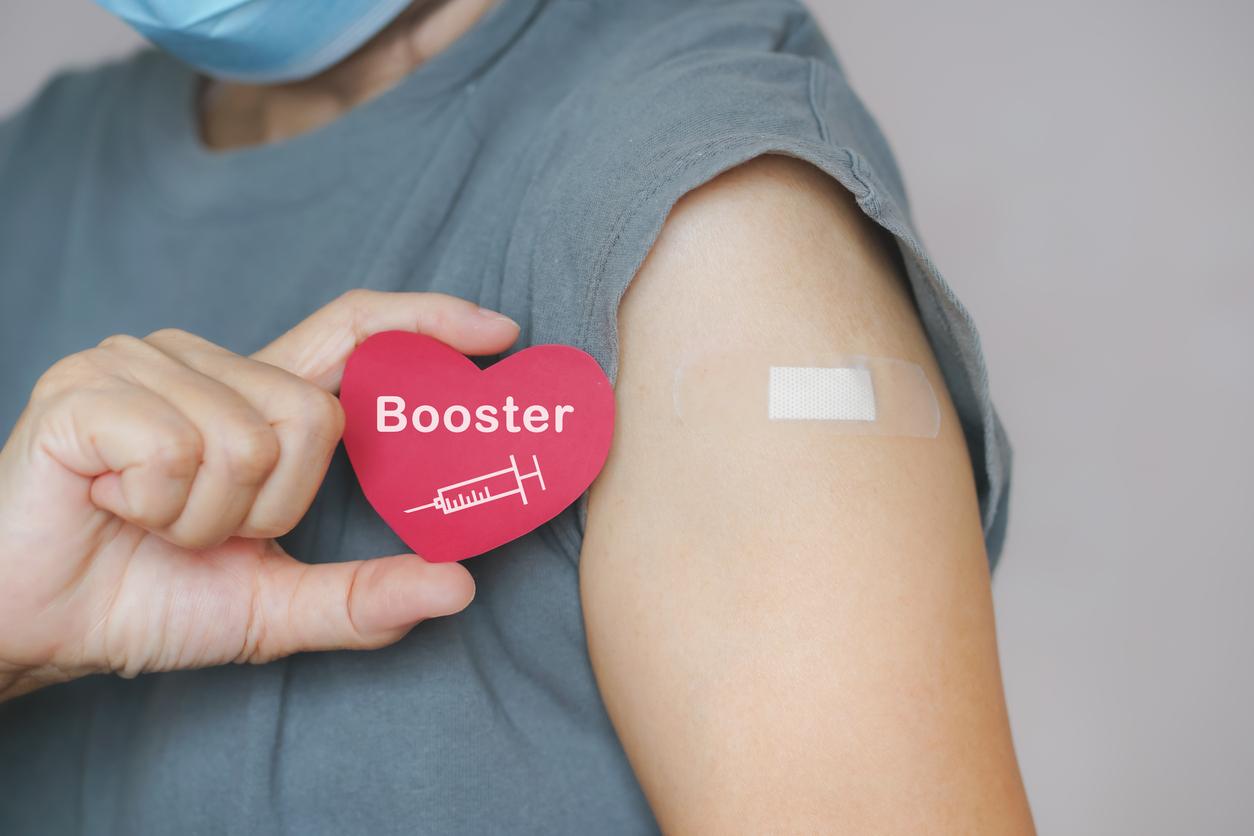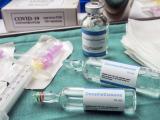A new interim estimate of vaccine effectiveness (VE) of the monovalent (single-strain) XBB.1.5 COVID-19 vaccine shows the shot was 51% effective in preventing emergency department and urgent care visits among adults without compromised immune systems.
The study was published today in Morbidity and Mortality Weekly Report.
Compared to adults who did not receive the monovalent XBB.1.5 COVID-19 vaccine, recipients were most protected in the first 7 to 59 days after vaccination, with VE dropping slightly 60 to 119 days after an updated dose.
The Centers for Disease Control and Prevention (CDC) recommended the updated 2023-24 XBB.1.5 vaccination for all people ages 6 months and older to prevent COVID-19.
"Although 1 updated vaccine dose is recommended for most persons aged ≥5 years, vaccination coverage with updated vaccines has remained low," the authors explained. "Thousands of persons in the United States continue to be hospitalized with COVID-19 each week."
Thousands of persons in the United States continue to be hospitalized with COVID-19 each week.
Some waning protection
To estimate VE, the authors used outcomes seen in two electronic health networks that cover multiple states. In the first network, the VISIONS network, 395 (9%) case-patients and 4,199 (13%) control patients had received an updated COVID-19 vaccine dose.
In both networks combined, VE against COVID-19–associated emergency department or urgent care visits among all adults was 51% (95% confidence interval [CI], 47% to 54%) during the first 7 to 59 days after an updated dose and 39% (95% CI, 33% to 45%) 60 to 119 days after vaccination. VE against COVID-19–associated hospitalization was 52% (95% CI, 47% to 57%) and 43% (95% CI, 27% to 56%), respectively.
For all adults in the VISION network, VE against COVID-19–associated hospitalization was 53% (95% CI, 46% to 59%) in the first 7 to 59 days and 50% (95% CI, 40% to 59%) 60 to 119 days after an updated dose. Among adults 65 years and older, VE was 54% in the first 7 to 59 days, and 50% in days 60 to 119.
In the second network, IVY, VE of an updated dose against COVID-19–associated hospitalization was 43% (95% CI, 27% to 56%) among adults aged 18 years and older and 48% (95% CI, 31% to 61%) among adults age 65 years and older.
"Despite different populations, methods, and outcomes, estimates of the effectiveness of updated COVID-19 vaccines were aligned across the VISION and IVY analyses," the authors wrote. "Continued monitoring of the effectiveness of updated COVID-19 vaccines for expected waning against hospitalization and to determine the durability of VE against critical illness is needed."
XBB.1.5 vaccine safe in older adults
In related news, in a research letter published in JAMA earlier this week, a nationwide cohort study of more than 1 million Danish adults aged 65 years and older showed no increased risk of 28 adverse events following vaccination with the monovalent XBB.1.5-containing COVID vaccine.
In Denmark, the XBB.1.5-containing vaccines were recommended as a fifth COVID-19 vaccine dose to people aged 65 years and older, with vaccination beginning October 1, 2023.
Using a nationwide database of 1,076,531 people (mean age, 74.7 years; 53.8% female), of whom 902 ,803 received an XBB.1.5 vaccine as a fifth dose, the authors found no significant association between the vaccine and adverse events.
The incidence ratio was 0.96 (95% CI, 0.87 to 1.07)) for an ischemic cardiac event, 0.87 (95% CI, 0.79 to 0.96) for a cerebral infarction, and 0.60 (95% CI, 0.14 to 2.66) for myocarditis.




















